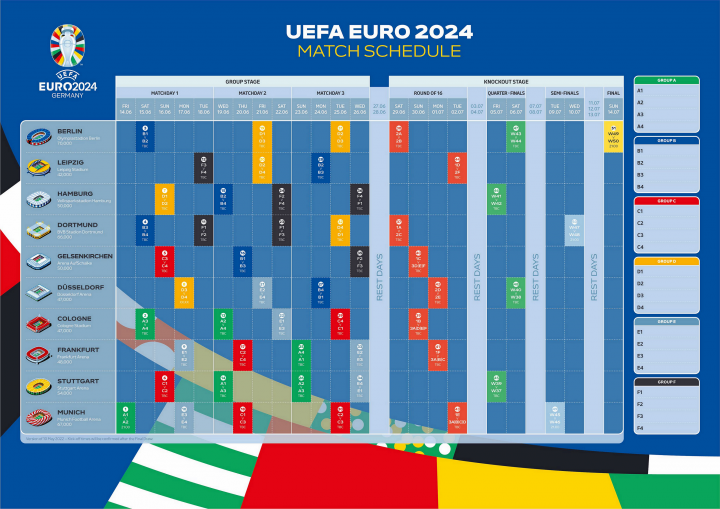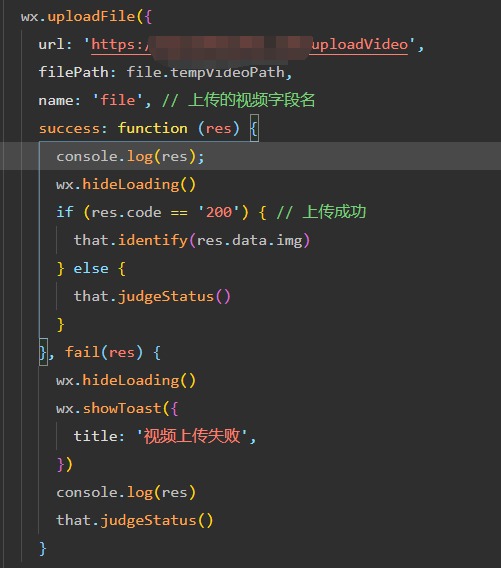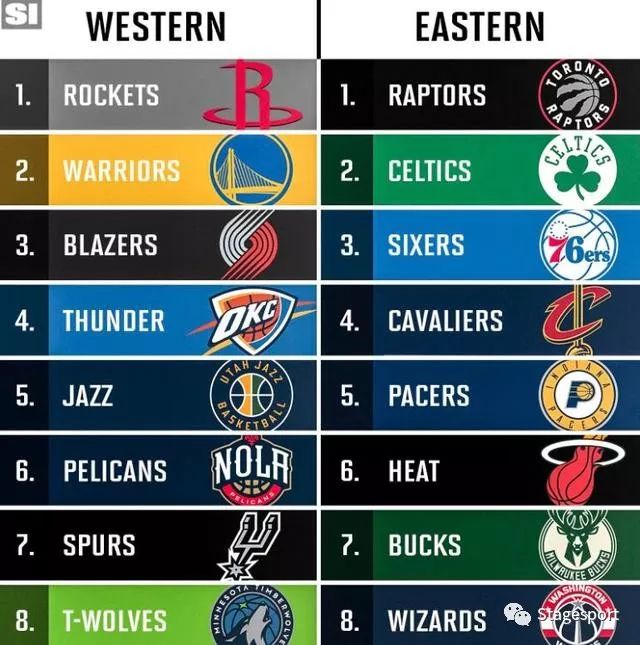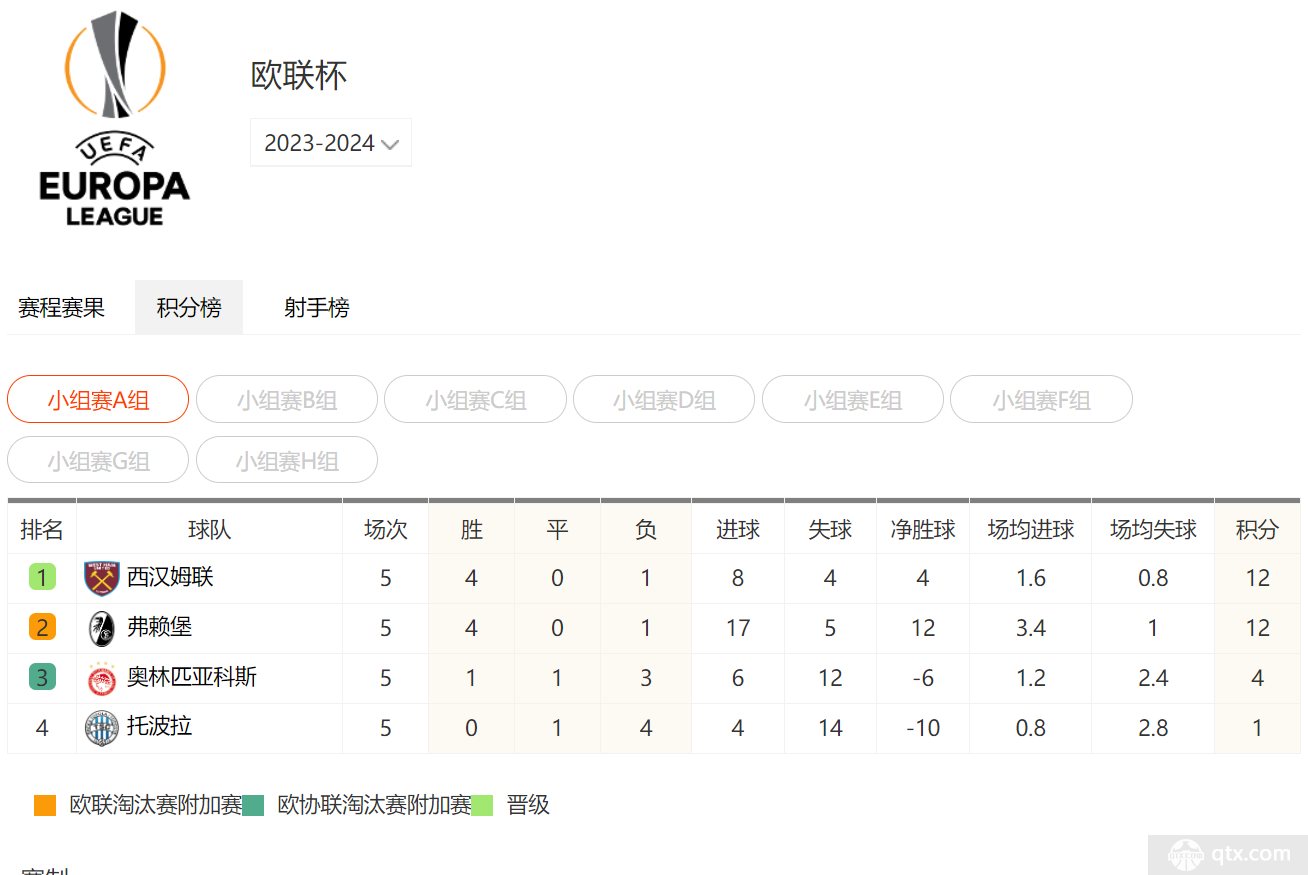
First developed in 1982, the double Poisson model, where goals scored by each team are assumed to be Poisson distributed with a mean depending on attacking and defensive strengths, remains a popular choice for predicting football scores, despite the multitude of newer methods that have been developed. This paper examines the pre-tournament predictions made using this model for the Euro 2020 football tournament. These predictions won the Royal Statistical Society's prediction competition, demonstrating that even this simple model can produce high-quality results. Moreover, the paper also presents a range of novel analytic results which exactly quantify the conditions for the existence and uniqueness of the solution to the equations for the model parameters. After deriving these results, it provides a novel examination of a potential problem with the model-the over-weighting of the results of weaker teams-and illustrates the effectiveness of ignoring results against the weakest opposition. It also compares the predictions with the actual results of Euro 2020, showing that they were extremely accurate in predicting the number of goals scored. Finally, it considers the choice of start date for the dataset, and illustrates that the choice made by the authors (which was to start the dataset just after the previous major international tournament) was close to optimal, at least in this case. The findings of this study give a better understanding of the mathematical behaviour of the double Poisson model and provide evidence for its effectiveness as a match prediction tool.
中文翻译:
双泊松模型于 1982 年首次开发,其中假定每支球队的进球均服从泊松分布,均值取决于进攻和防守强度,仍然是预测足球比分的流行选择,尽管已经出现了许多更新的方法发达。本文研究了使用该模型对 2020 年欧洲足球锦标赛所做的赛前预测。这些预测赢得了皇家统计学会的预测竞赛,证明即使是这个简单的模型也可以产生高质量的结果。此外,本文还提出了一系列新颖的分析结果,这些结果准确地量化了模型参数方程解的存在唯一性条件。得出这些结果后,它提供了对模型潜在问题的新颖检查 - 较弱球队的结果权重过高 - 并说明了忽略最弱对手的结果的有效性。它还将预测与 2020 年欧洲杯的实际结果进行了比较,表明它们在预测进球数方面非常准确。最后,它考虑了数据集开始日期的选择,并说明作者所做的选择(即在上一次主要国际锦标赛之后开始数据集)接近最佳,至少在这种情况下是这样。这项研究的结果让人们更好地理解双泊松模型的数学行为,并为其作为匹配预测工具的有效性提供证据。


























留言0